Discover the Secret to the Perfect Ristretto: A Bold, Balanced Recipe for Espresso Coffee Lovers
Need a quick energizer in the morning but want to branch out from your usual espresso flavor?
Try the Ristretto instead!
This recipe offers home baristas and casual coffee lovers a chance to mix their espresso up and achieve new flavors with just small changes in their brewing process.
Time to dive right in.
What Is a Ristretto?
A Ristretto is a short shot of espresso that results in a more concentrated, sweeter, and richer-tasting flavor. It comes from the actual Italian word, “Ristretto” which means “restricted”.
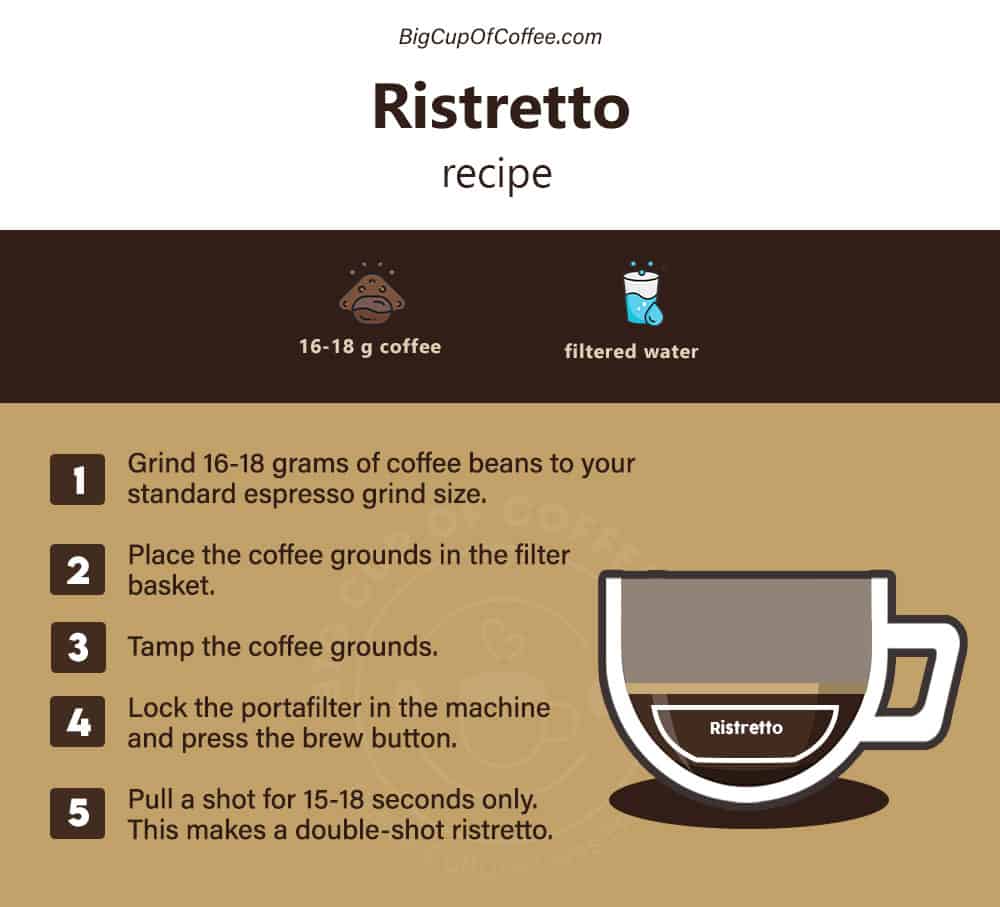
To understand the Ristretto even better, think of it as belonging to the same family as the Espresso. Let’s look at it from three different levels.
The Espresso, Ristretto, and Lungo
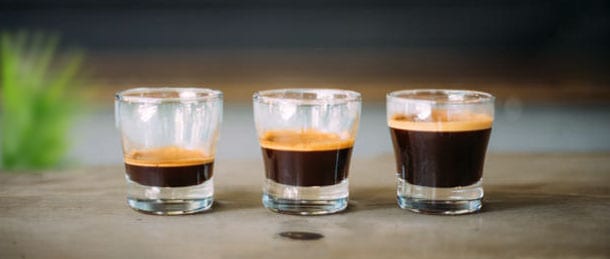
Espresso is a classic, go-to drink known for its bitterness and bold flavor in coffee shops worldwide. It is made by forcing hot water through finely-ground coffee beans and takes about 25-30 seconds. It can be enjoyed as an espresso shot or added to any other coffee drink.
The ristretto is called the “restricted” form of espresso because it is literally espresso cut short to only the beginning phase of the extraction.
You essentially make a ristretto shot by following the extraction procedure as making espresso. The only difference is that you’re using less water.
To make things a bit complicated, you can also brew a ristretto at a similar time as a standard espresso. If you decide to do so, you have to grind the beans finer to control the flow of hot water.
A more simple process you’ll find a barista would follow is using the same grind and amount of ground coffee as a normal espresso and pulling the shot at around 15-18 seconds.
Naturally, this would mean that a ristretto shot would be just around half an ounce. A customer typically won’t spend much money for only 15 ml so ordering at a cafe means you’re getting a double shot of ristretto, The double ristretto then equates to the same amount of coffee as a regular espresso drink but again, with a more concentrated and sweeter flavor.
I’m sure you’re already sensing the pattern here.
Lungo is Italian for “long”, so in the world of coffee, it simply means a long shot. Here you’re using more water and pushing extraction time to more than 30 seconds. Here is a detailed article on making Lungo coffee.
While it is more bitter and acidic as a result of the extraction time, it still isn’t as concentrated as espresso because of the water.
How Do I Make A Ristretto?
One of the most amazing aspects of brewing coffee is that small changes in your process can make for such different results. But how exactly do we make sure we’re getting a ristretto and not the other two? Let’s get our handy recipe ready.
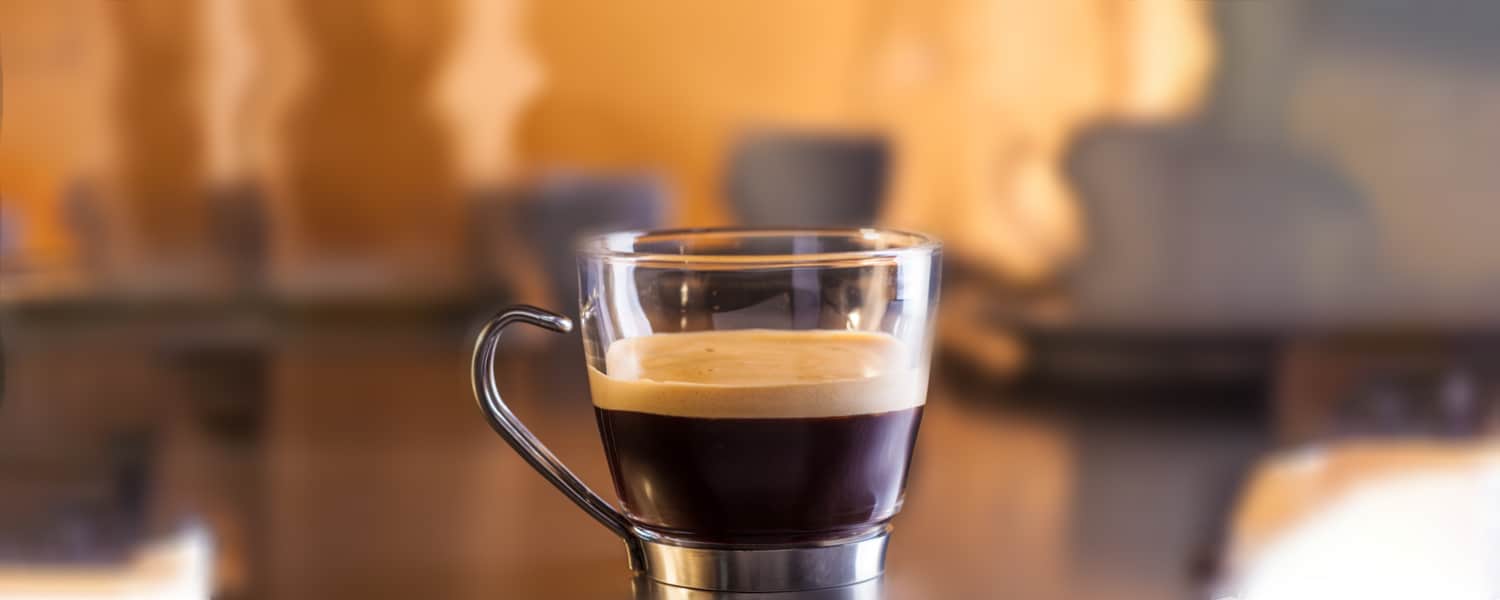
Discover the Secret to the Perfect Ristretto: A Bold, Balanced Recipe for Espresso Coffee Lovers
Ingredients
- 18 g Medium-roast coffee beans
- Filtered water
Instructions
- Grind 16-18 grams of coffee beans to your standard espresso grind size.
- Place the coffee grounds in the filter basket.
- Tamp the coffee grounds until you have a headspace of about 2-3 mm between the shower screen and the top of the coffee puck.
- Lock the portafilter in your espresso machine and press the brew button.
- Pull a shot for 15-18 seconds only. This makes a double-shot ristretto.
Video
Notes
The Steps in Detail
- Finely grind 16-18 grams of coffee beans to your standard espresso grind size. The dose should depend on your filter basket.
- Place the coffee grounds in the filter basket and knock the portafilter carefully on the counter to level them. Use consistent pressure to pack and level the grounds.
- Tamp the coffee grounds until you have a headspace of about 2-3 mm between the shower screen and the top of the coffee puck. It is critical to control the height of your tamped coffee so adjust the dose if you don’t get this space.
- Lock the portafilter in the machine and press the brew button. If you have a manual or semi-automatic machine, you’ll have to time the pull yourself using your phone or a timer.
- Pull a shot for 15-18 seconds only. This makes double shot ristretto at around 30 ml.
- Take a sip and enjoy
Everything You Need to Make A Delicious Ristretto
Here are the tools you’ll need to make a Ristretto.
Espresso Machine
A good machine is necessary to pull a ristretto without any hiccups, like these Breville/Sage espresso makers.
A semi-automatic or a manual espresso machine are good options, since they can afford you a lot of flexibility when you make espresso. If you’re on a tight budget, check my choices for the best espresso machines under $200.
You’ll can also find automatic espresso machines that have an automatic ristretto option as well.
Burr coffee grinder
You can’t expect to make ristretto using pre-ground coffee.
Burr coffee grinders are a must-have for all true coffee aficionados. They allow you to customize the size of your grounds from coarse to fine espresso grinds, and deliver consistently sized coffee particles. This is what you need for consistent flavor extraction when brewing ristretto.

Beans and roast level
There’s still a lot of debate on this aspect of the ristretto. If it’s in a coffee shop, you’ll often find baristas using medium-roast Arabica or a blend of dark roasted beans.
You can even try light roast beans. You can taste less of the bitterness you’ll normally find in darker roasts, but they might be too fruity for your taste.
Sweet Tips to Remember
- As mentioned earlier, there is more than one way to make a ristretto. If you want to try the pressure-restricted shot, follow the same brewing instructions but use a finer grind and pull the shot for 20 to 25 seconds as you would an espresso.
- A strong coffee requires a delicate pairing. I can recommend desserts like chocolate tarts or caramel flan as a great pairing for ristretto espresso.
- Much like espresso, ristretto shots can be used as a base for other drinks. You can now experiment with using it as a base for your Flat White, Caramel Macchiato, and more.
FAQ
Enjoy a New Kind of Espresso Experience
It’s not rocket science, but it does require some experimentation and practice to get that perfect cup. Nevertheless, you now have another drink in your espresso arsenal, and I’m all for that!
If you’ve found this recipe a welcome change from your traditional espresso, tell me more in the comments below.

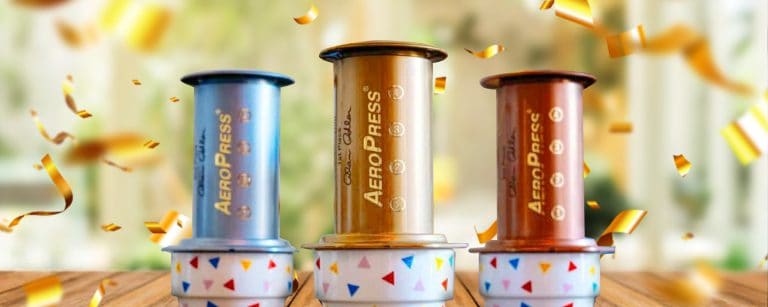
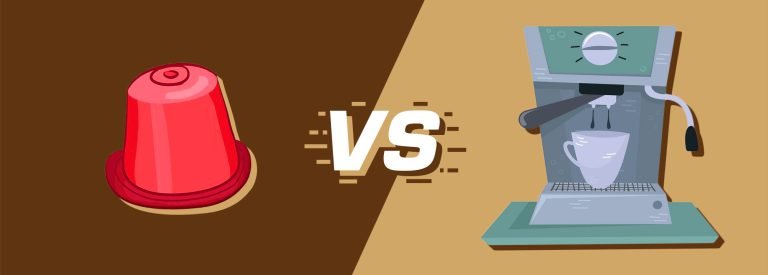
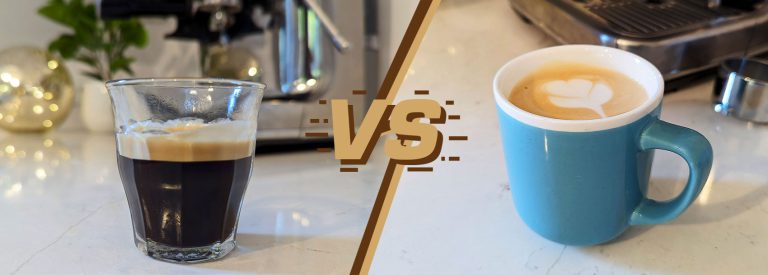
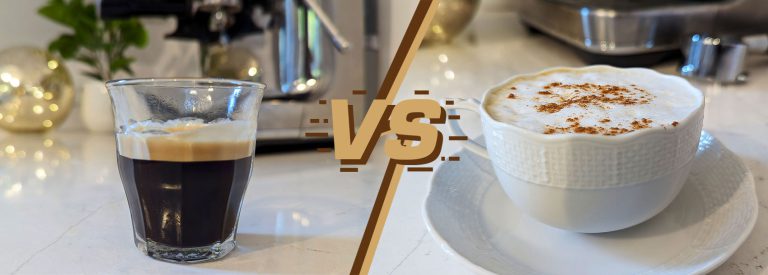
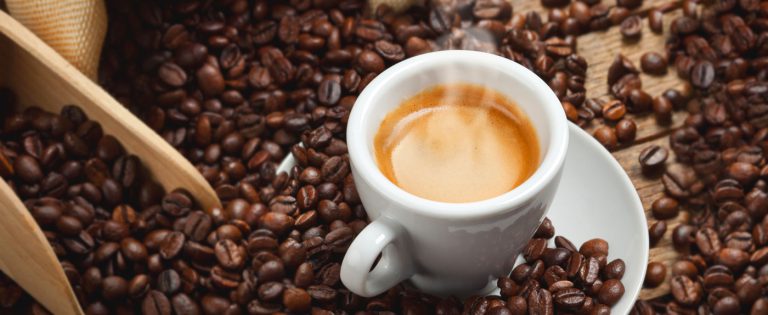
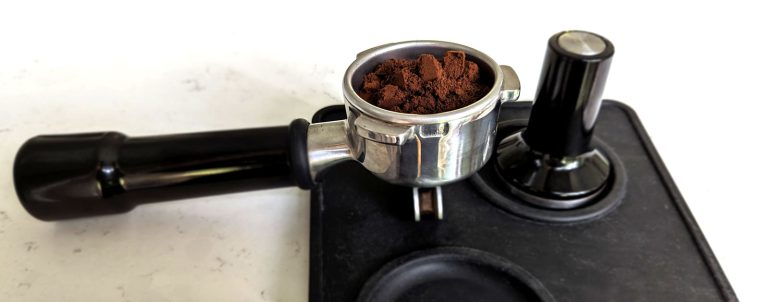
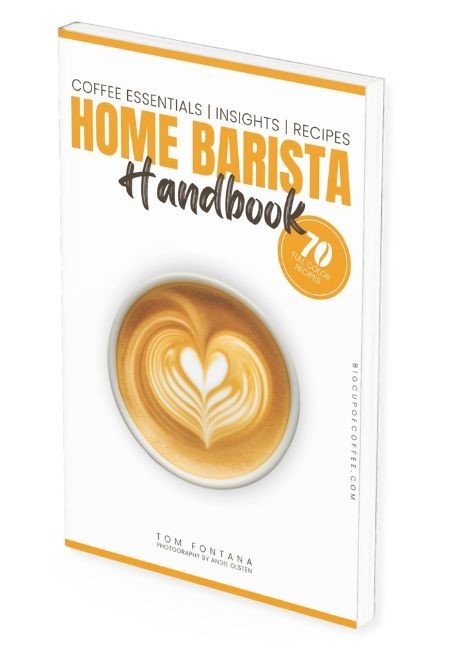
Quick question: what’s the best roast level for making a ristretto? Does it differ vastly from what you would use for a standard espresso?
I don’t like using light roasts for a ristretto, I explain why in the article above. Medium and dark roast works the best.
I noticed you didn’t touch much on water temperature, which is a key element in coffee extraction. Could you clarify the ideal temp for ristretto shots? It seems like something that could truly make or break the brew.
It’s the same as for a regular espresso. The only difference is that extraction stop sooner. Here is an article on the brest brewing temps for espresso: https://bigcupofcoffee.com/espresso-brewing-water-temperature/
Thanks for the recipe video, Tom. It’s one thing to read about the steps, but watching them in action really helps. Could you perhaps recommend any specific espresso machines that are best tailored for making a ristretto?
Hi thre, all espresso makers can make ristretto 🙂 It’s up to you to cut it off at the right point though.
Tried the recipe this morning and wow, the flavor was spot on. It’s a game changer for sure, and it’s a surprisingly simple alteration to my regular espresso.
Fascinating read. But how does the grind size variation affect the overall taste when comparing ristretto to a regular espresso? Keen to know if there’s a sweet spot in terms of coffee grind size.
Hi there, so the grind size should stay the same as for whatever you have diald in for your normal espresso. It is the extraction time, thus volume which is “restricted”.
Absolutely thrilled to find this recipe – I’ve been trying to nail the perfect ristretto at home and this might be just the ticket. I always finer grinds to make the volume less, but in 30 sec of extraction, which tasted super bitter. Now I will try my normal espresso grinds with shorter extraction.
I never quite understood the difference between an espresso and a ristretto until now. However, I’m not clear on why the ristretto leads to a sweeter taste. Could it be because of less bitterness since the extraction time is shorter?
Yes, that is exactly right. The sweet flavors are extracted before first, and the bitter ones come later in the extraction phase. But since the late extraction is missing, so is the bitter taste.
Your explanation of the ristretto was enlightening, Tom. I’ve been an espresso enthusiast for years, and it’s refreshing to see someone break down the intricacies like you did. I always thought the shorter pull just meant less caffeine, but it’s more about that rich flavor profile, isn’t it?